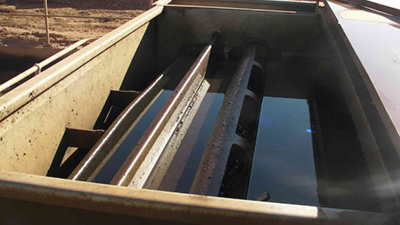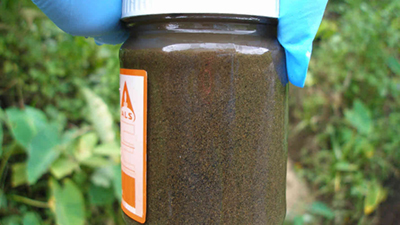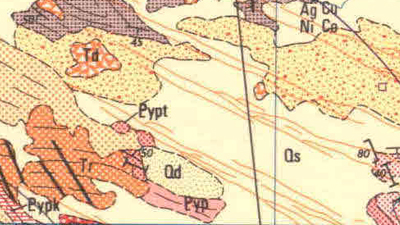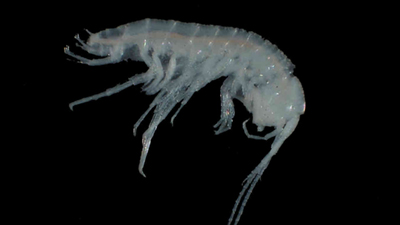Our Services
Understanding the potential environmental impacts and developing appropriate management strategies for coal seam gas (CSG) water on receiving surface ecosystems is proving to be a challenge in this rapidly-developing industry. This applies to both the quality and quantity of CSG water. Hydrobiology has expertise in these two key areas through its close involvement with the State Government Water Resource Planning process, combined with our expertise in the fields of ecotoxicology and water quality, with particular reference to ecotoxicological assessments of seawater desalination plant treated water and brine, and surface hydrology.
Hydrobiology is on the Federal Government panel of providers for expert services in relation to CSG impact assessment.
Quality of CSG Water
The toxicity of an effluent can exacerbate, nullify or have no effect on particular components of a waste stream. Chemical testing alone will not allow for a complete understanding of the possible toxic effects of the combined elements in the discharge. The results of ecotoxicity testing can be used to develop dilution factors for the safe discharge of treated CSG water to the receiving aquatic environment and allow for the implications of an accidental release of brines to be assessed.
Quantity of CSG Water
CSG operations also produce large volumes of water. Some of this may, ultimately, be released to receiving river systems. Depending on the actual volume, and scale of the receiving river system, such releases may significantly alter the hydrologic characteristics of the receiving watercourses. Environmental flows assessments involve understanding what flow regimes are important for particular watercourse ecosystems, with specific reference to timing, duration and volume of flows. The manner in which CSG water may be released to downstream ecosystems is an important aspect of CSG water management.
Our key skills and techniques include:
- Liaise with regulators to ensure work program will gain government approval;
- Facilitate and coordinate the collection of samples for ecotoxicity assessment;
- Oversee the ecotoxicity assessment of CSG water samples at a NATA accredited ecotoxicity laboratory;
- Use industry best practice to derive trigger values and safe dilutions for the release of both treated CSG water and brines to the receiving aquatic environment;
- Ability to link environmental flows to ecological outcomes;
- Hydrologic modelling for ecosystem health assessments;
Applications
- Baseline assessments;
- Impact assessments and approvals;
- Environmental monitoring design and implementation (for compliance and management);
- Environmental Management Plans
- Produce scientifically defensible reports.





